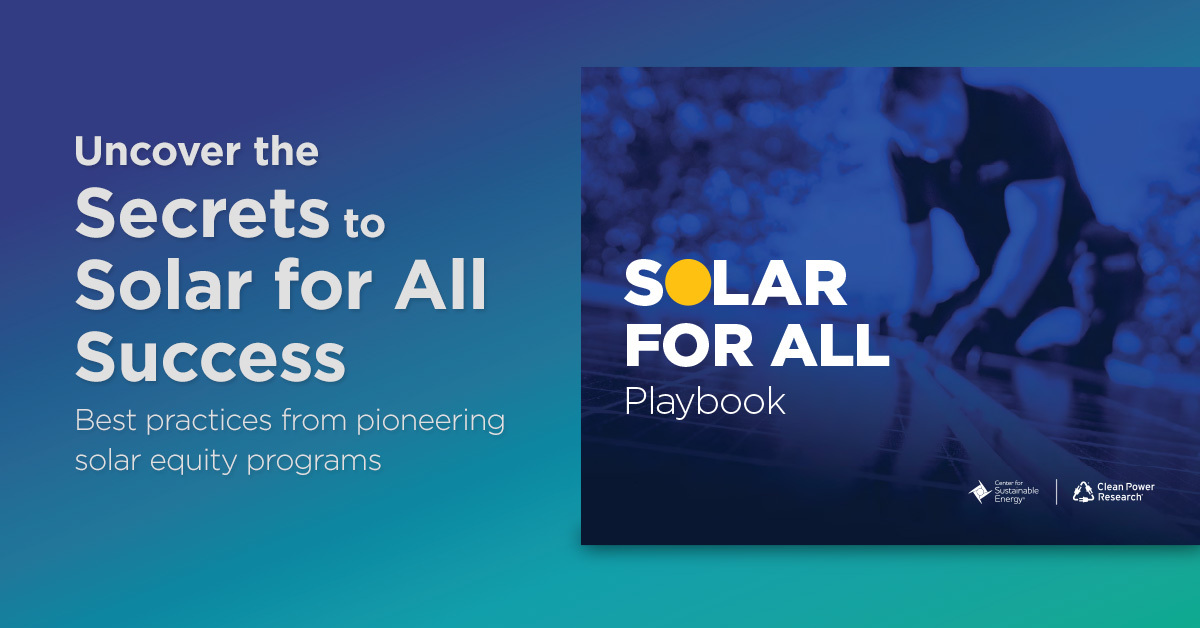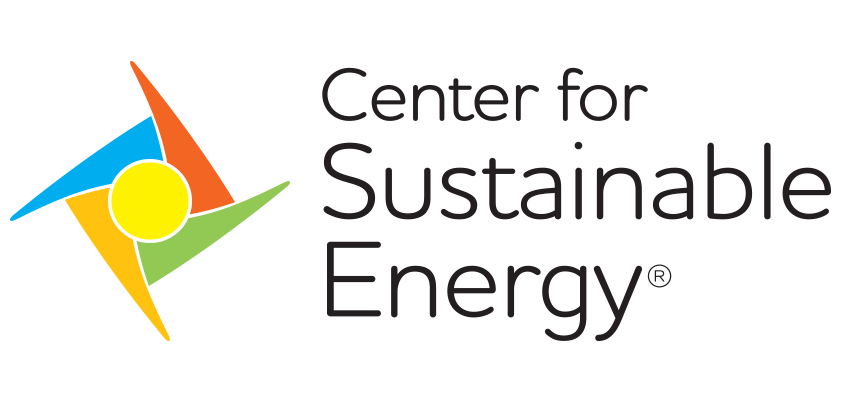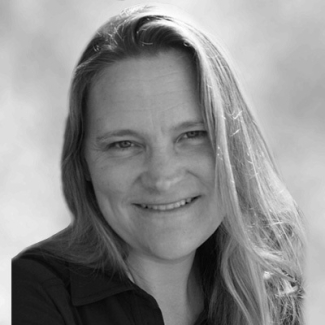5 Tips for “Solar for All” Programs to Engage Equity Stakeholders

Equity is at the core of the Solar for All programs that will be launching across the U.S. – expanding access to free or low-cost rooftop solar panels or community solar for families who rent or cannot afford the upfront expense of solar panels. These families spend a disproportionate amount of their income to heat, cool and power their homes. So lowering electricity bills is especially important.
States that are designing and launching Solar for All programs need to involve these low- to moderate-income communities at the start and throughout the process, not just once the program is already underway.
Based on Center for Sustainable Energy’s experience with equity-focused clean technology incentive programs, including the $1 billion Solar on Multifamily Affordable Housing (SOMAH) Program in California, we offer five tips for community engagement and outreach for Solar for All programs.
Tip #1 – Engage community stakeholders at the start
A program to equitably expand solar into low-income and disadvantaged communities needs to enlist the expertise of community-based organizations (CBOs) from the start – and continue engaging them throughout implementation.
A transparent, collaborative process to engage CBOs helps ensure local neighborhood needs are built-in, yielding better program results and more invested program participants.
CBOs are particularly valuable when choosing which geographic areas to target, what income-eligibility standards to use and how to move potential participants to action and activate the market.
Tip #2 – Leverage CBOs as communicators
In addition to consulting on program design, CBOs are critical messengers once a program launches. They are trusted resources in their communities who understand residents’ unique needs and perspectives and can explain the benefits of going solar and the requirements for participating in a Solar for All program.
CBOs can help spread the word about a Solar for All program through one-on-one discussions and community meetings and workshops. They can also promote Solar for All programs through their own digital, newsletter and social media channels to engage hard-to-reach audiences.
Tip #3 – Support CBOs with guidance
CSE recommends a case management approach to train and support CBOs to effectively share program information and bring important community feedback to program designers and administrators. Regular check-ins keep CBOs informed about program developments and provide an opportunity for CBOs to ask questions, give feedback and share ideas for engaging their communities.
A detailed marketing and outreach plan, informed by CBOs and tailored to community members, should guide activities. CBOs should be provided with easy-to-understand, in-language and culturally appropriate program materials, such as flyers, toolkits and checklists, to ensure accurate dissemination of information.
Tip #4 – Layer in complementary programs
The CBOs you involve in Solar for All can help households save energy by sharing tips and recommending other programs. Many CBOs that serve low-income families help them participate in energy assistance programs offered by utilities, local governments and federal agencies. This includes weatherization, energy audit, energy efficiency and other programs that can reduce the solar capacity required.
Program administrators who coordinate across programs can avoid redundancies and conflicting requirements and increase the impact of Solar for All programs.
The nation’s largest utility payment program, the U.S. Department of Health and Human Services’ Low Income Home Energy Assistance Program (LIHEAP), has confirmed that LIHEAP funds can be used by Solar for All participants to pay for community solar subscriptions.
Tip #5 – Provide compensation for expertise
CBOs are trusted by their constituents and can reliably share information in ways that connect and resonate. They can also provide valuable expertise by informing program implementation and improvements and by conducting outreach to property owners, renters, job trainees and other local audiences.
Just as any expert consultant should be compensated for their time, so should CBOs. Typically, CBOs are paid through program funds, grants or contracts that reimburse them on a cost basis and do not require billing for individual services. We outline several examples of compensation strategies.
Also consider a paid advisory council that represents environmental justice, affordable housing, tenants, labor, workforce development and other community interest groups that can contribute to your program’s success.
With deep local roots and understanding of local contexts, CBOs are well-positioned to share information about solar energy benefits, explain program opportunities and motivate community participation. Just as important, they can share their knowledge of community priorities and challenges with program administrators to inform and improve the programs themselves.

Government employees can get a copy of our Solar for All Playbook for more tips on launching a successful solar equity program.
Download the playbook here.


